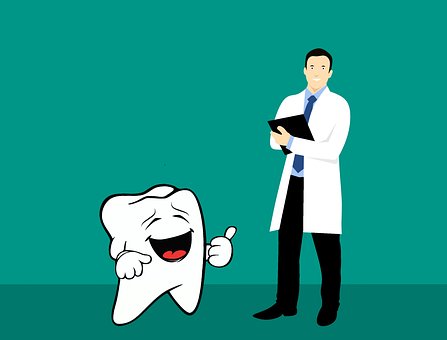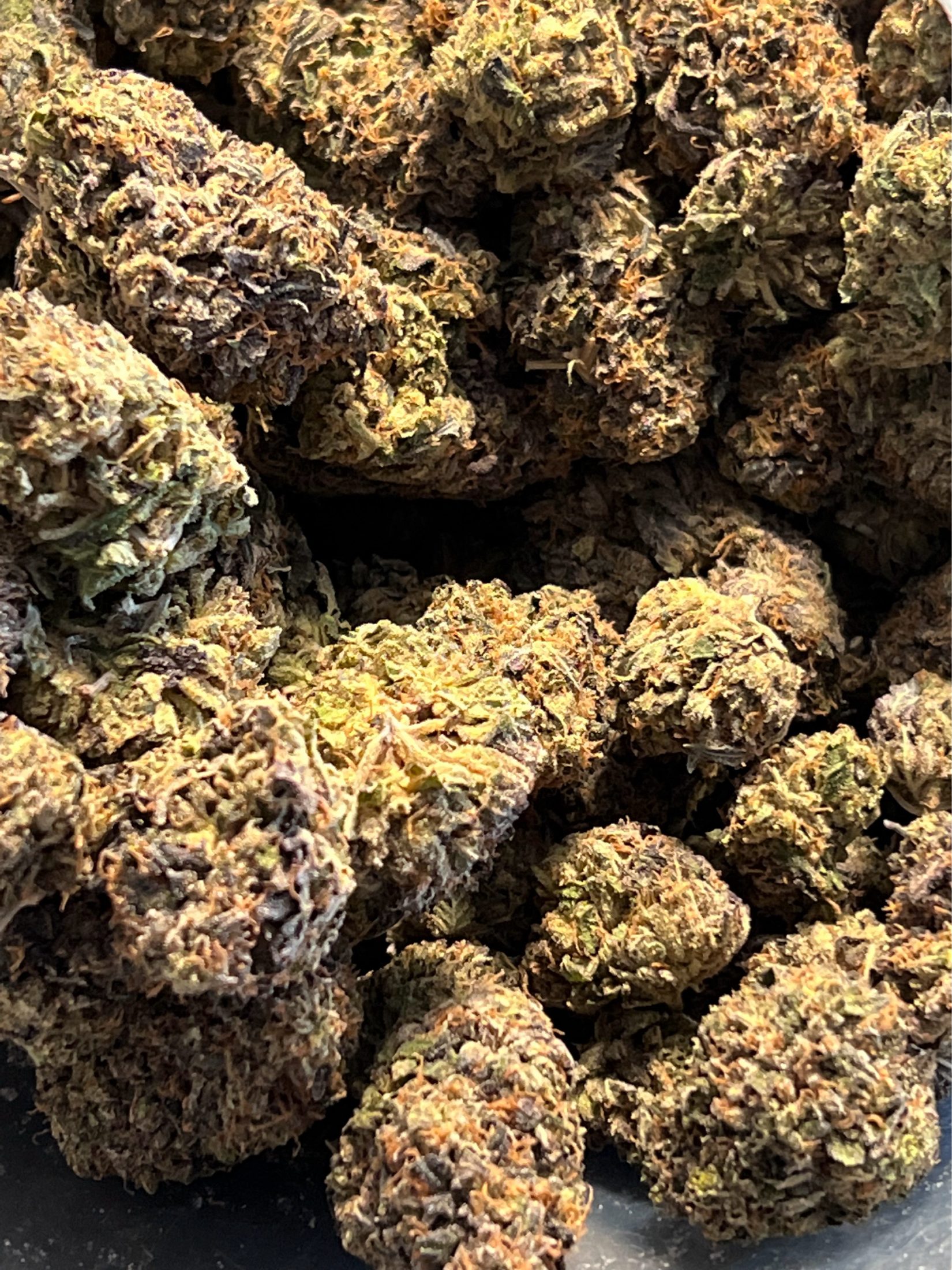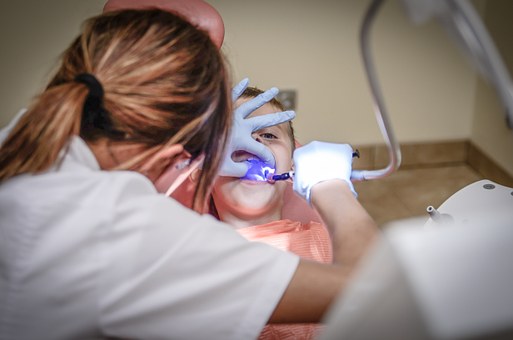Your mouth can often reveal more about your overall health than you might realize. One of the clearest signs of anemia can actually show up in your gums. If you’ve noticed changes such as unusual paleness or swelling, your body may be signaling an underlying problem that deserves attention.
Why Anemia Affects Your Mouth
Anemia occurs when your body doesn’t have enough healthy red blood cells to carry oxygen throughout the body. Since your gums are full of blood vessels, they can be one of the first places where oxygen deficiency becomes visible. Healthy gums typically appear pink and firm, but when anemia is present, they may lose their natural color and resilience.
Pale Gums: A Common Red Flag
One of the most noticeable signs of anemia in the mouth is paleness. If your gums look much lighter than usual or appear almost white, it could be a sign that your blood is lacking iron or that your red blood cell count is low. This pale appearance is a result of reduced oxygen flow and poor blood supply to gum tissues.
Swollen or Sore Gums
Beyond color changes, anemia can also cause inflammation in the gums. When your body struggles to deliver oxygen and nutrients effectively, your gum tissue may become more prone to irritation, swelling, and soreness. In some cases, this can mimic the symptoms of gum disease, making it harder to distinguish without a professional check-up.
Other Oral Symptoms Linked to Anemia
Your gums aren’t the only part of the mouth affected. People with anemia may also notice:
-
A burning sensation on the tongue
-
Increased sensitivity or discomfort while eating
-
Delayed healing of mouth sores
-
Dry mouth or difficulty swallowing
These symptoms combined with pale or swollen gums create a strong indicator that anemia might be at play.
Why Paying Attention Matters
It’s easy to overlook gum changes, assuming they’re caused by brushing too hard or minor irritation. However, your mouth is often a window into your overall health. Ignoring these early signs may allow anemia to progress, leading to fatigue, weakness, and more serious health complications over time.
What to Do If You Notice Changes
If you observe pale, swollen, or unusually tender gums, it’s important not to dismiss them. A dentist can help identify whether the issue stems from anemia or another oral health condition. Early diagnosis makes it easier to treat both the underlying cause and the oral symptoms, restoring both your smile and your well-being.
Your gums can tell you a lot about what’s happening inside your body. By paying attention to their color, texture, and overall condition, you can catch health concerns like anemia early and take the right steps toward recovery.



